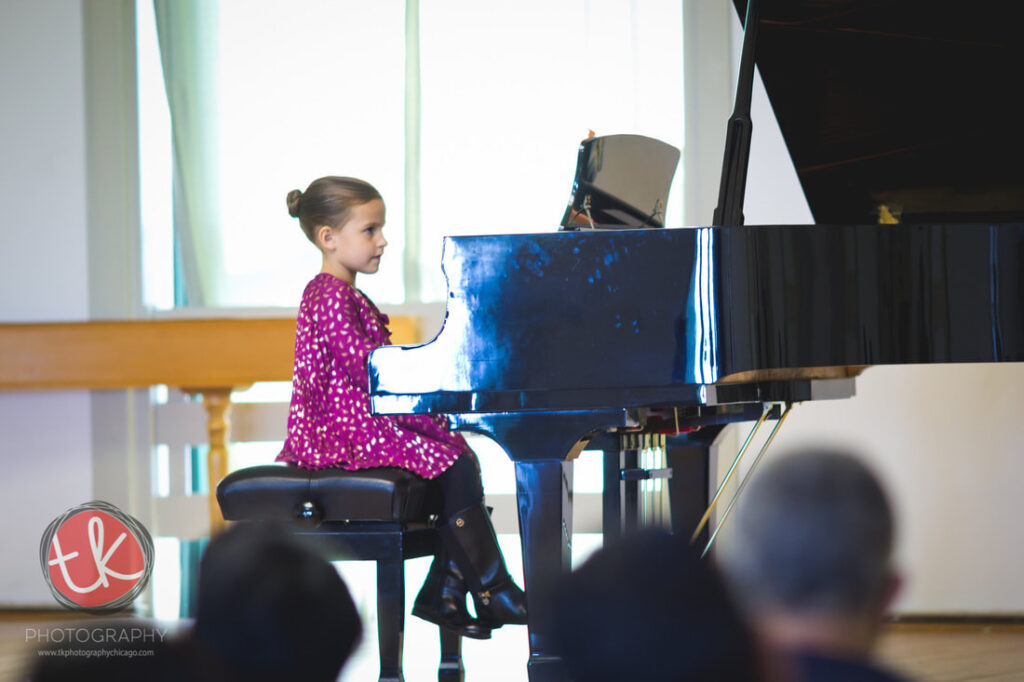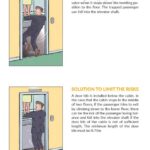Embarking on a musical journey by learning an instrument can be incredibly fulfilling. It opens doors to self-expression, creativity, and the joy of making beautiful sounds. However, the question of how long does it take to learn an instrument often lingers in the minds of aspiring musicians. The truth is, there’s no one-size-fits-all answer.
This article delves into the factors influencing learning speed, provides insights on choosing the right instrument, and offers practical tips to accelerate your progress. We’ll explore the time commitment required for various instruments, highlight the benefits of musical training, and ultimately empower you to embark on your musical adventure with confidence.
Time to Mastery
The duration it takes to master an instrument is a multifaceted concept influenced by individual aptitude, dedication, and the complexity of the chosen instrument. While some individuals may achieve basic proficiency within months, reaching a level of mastery often requires years of consistent practice and refinement.
For example, learning simple melodies on a ukulele or keyboard might be achievable within a few months with regular practice. However, mastering classical piano or violin typically takes several years of dedicated study and rigorous training. It’s important to remember that “mastery” is a subjective term. It represents a point where you feel confident and comfortable performing at a high level, expressing yourself musically, and potentially even teaching others.
Factors Affecting Learning Speed
Several factors contribute to the time it takes to learn an instrument:
- Prior Musical Experience: Individuals with prior musical training, such as singing or playing another instrument, often have a head start due to their understanding of music theory, rhythm, and notation.
Natural Aptitude: Some individuals possess a natural inclination for music and pick up instruments more quickly than others. This can be attributed to factors like ear training, coordination, and rhythmic sense.
Practice Frequency and Consistency: Regular and consistent practice is crucial for progress. Even short, focused sessions daily are more effective than infrequent, lengthy ones.
- Learning Method: Structured lessons with a qualified instructor provide guidance, feedback, and tailored instruction, accelerating the learning process compared to self-teaching methods.
Choosing the Right Instrument
Selecting the right instrument is a personal decision influenced by your musical preferences, physical capabilities, and lifestyle. Consider these factors:
- Musical Genre: What type of music do you enjoy listening to and playing? Different instruments are suited for various genres. For example, guitar is popular in rock and folk music, while piano is versatile across classical, jazz, and pop.
Physical Considerations: Some instruments require specific physical attributes or dexterity. For instance, violin requires finger strength and agility, while tuba demands lung capacity.
Accessibility and Cost: Instruments vary in price and availability. Research the cost of the instrument, lessons, and accessories before making a decision.
Practice Tips for Success
Effective practice is essential for progress. Here are some tips to maximize your learning:
- Set Realistic Goals: Start with small, achievable goals and gradually increase the complexity as you improve.
- Break Down Complex Pieces: Divide challenging sections into smaller parts and practice them individually before putting them together.
Focus on Technique: Pay attention to proper posture, hand position, and breathing techniques specific to your instrument.
Listen Critically: Regularly listen to recordings of professional musicians playing your chosen instrument to develop your ear and musical understanding.
Benefits of Learning an Instrument
Learning an instrument offers numerous benefits beyond the joy of making music:
- Cognitive Enhancement: Playing music stimulates various areas of the brain, improving memory, concentration, and problem-solving skills.
- Emotional Expression: Music provides a powerful outlet for expressing emotions, fostering self-awareness and emotional intelligence.
- Social Connections: Joining ensembles or participating in musical activities can create opportunities for social interaction and collaboration.
Conclusion
Embarking on the journey of learning an instrument is a rewarding endeavor that enriches your life in countless ways. While the time it takes to master an instrument varies depending on individual factors, consistent practice, dedication, and guidance from experienced instructors can accelerate your progress. Remember to choose an instrument that resonates with your musical passions and enjoy the transformative power of music.



